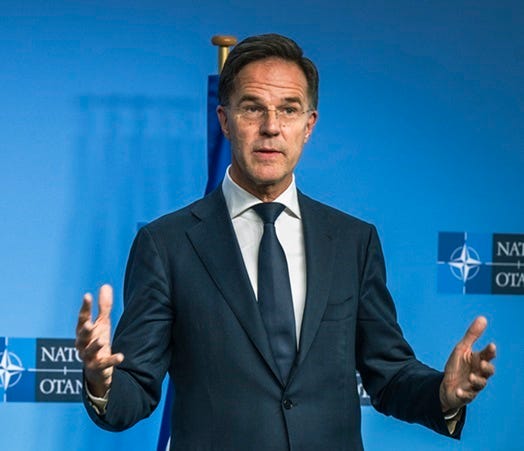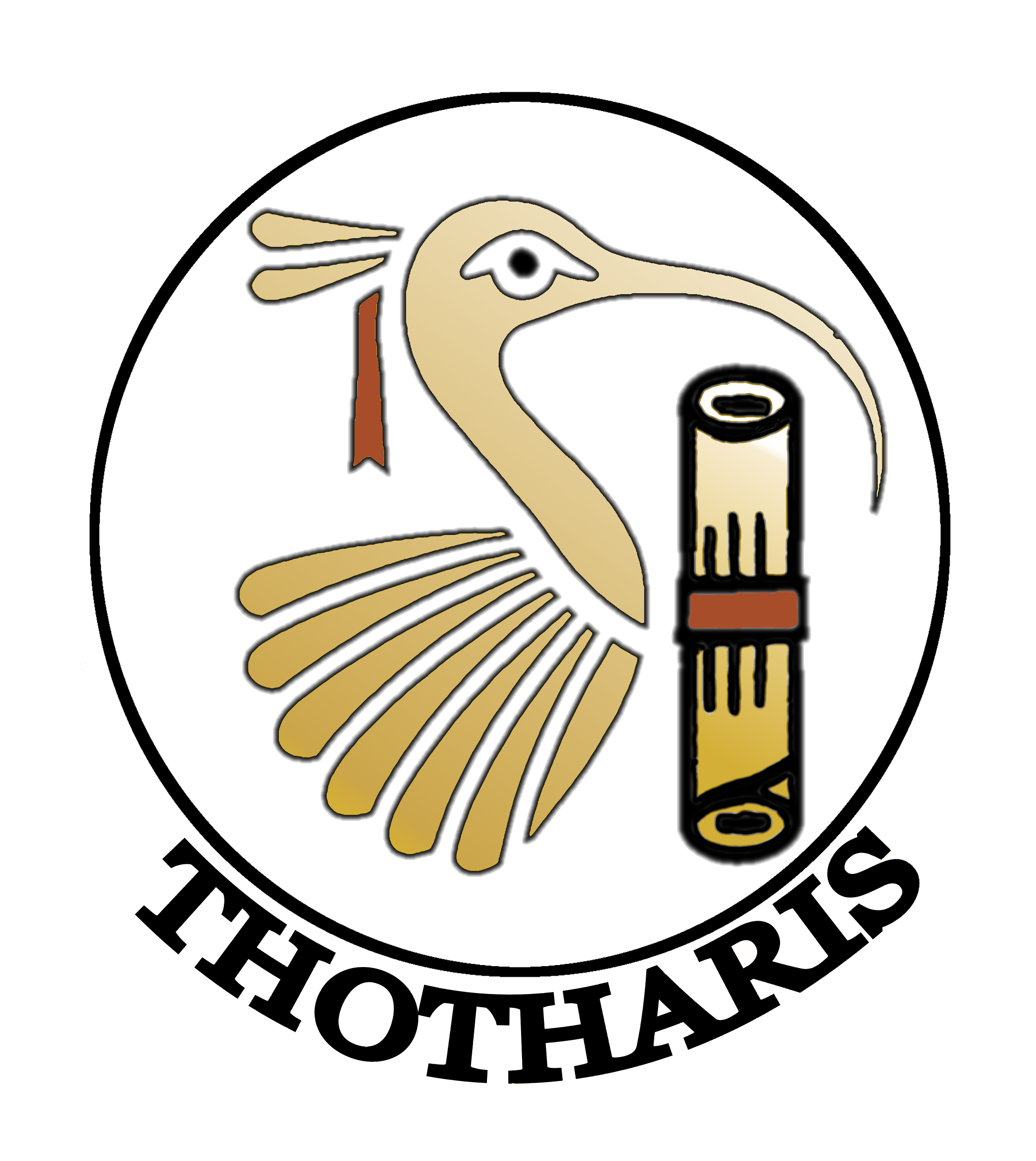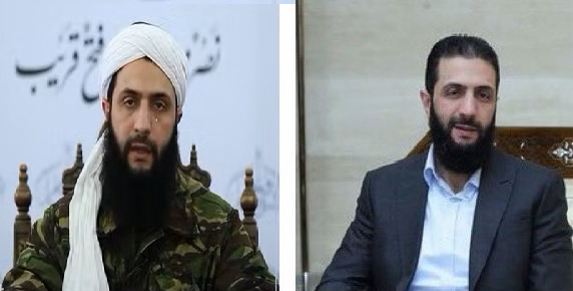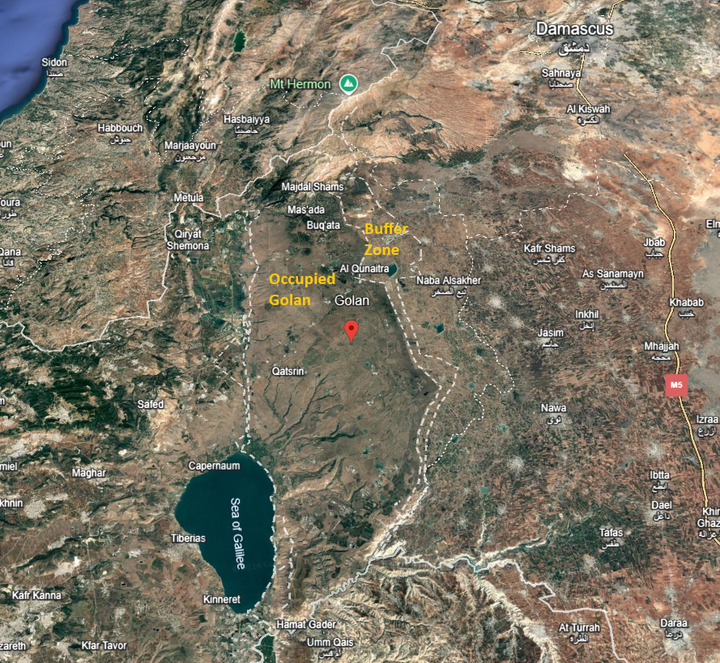The Architect of Conflict? Mark Rutte’s Role in a Precarious Global Order
Share

Surveying the global security landscape through a targeted set of metrics to identify individuals posing the greatest risk to peace, one surprising figure stood out: Mark Rutte. His emergence in this analysis surprised me, and it may surprise you as well.
I ran all the usual suspects through the metrics, presidents, leaders, prime ministers, ministers, heads of extremist organizations, corporate leaders, and heads of international organizations. Many of them stand to gain through conflict, but most of them also had to consider risks arising from any conflicts they instigated, while others were constrained by resources or political considerations.
Let me walk you through my process and show you how I came to the conclusion that the man who could potentially pose the greatest risk to global security is Mark Rutte, the new secretary general of NATO.
The Metrics Behind Measuring Individual Impact on Global Peace
To determine which individual poses a greater risk to international peace and security I used a set of metrics based on the investigative principle of “motive, means and opportunity,” and expanded on it to include the following:
- What they would gain from conflict.
- What they would lose through conflict.
- Ability to instigate conflict and perpetuate it.
- Level of independence in calling for conflict.
- Ability to influence other actors to get involved in conflict.
- Scale and potential impact of the conflict they can conjure.
These metrics go beyond assessing individual power, encompassing their capacity and willingness to escalate conflicts, offering a structured lens into their incentives, autonomy, and influence.
So, for instance, a leader who has significant incentive to engage in conflict but is limited to regional goals would not be a high threat to global security, and neither would a leader with significant means and global reach but no incentive.
Applying the Metrics – President Biden as a Case Study
To illustrate how these metrics apply, let’s first examine President Biden-a leader commanding formidable military resources, extensive global influence, and the power of the U.S. presidency:
- What he stands to gain: As an outgoing president with no aspirations for reelection, his incentive to incite conflicts falls within the parameters of continuing his administration’s strategy to impose U.S. global hegemony.
In late 2021, his administration successfully mobilized European countries’ support for the U.S. position on Russia. In doing so, he successfully created a rift between Europe and Russia, increased European Reliance on the U.S. for both security and natural gas, dragged Russia into a European quagmire and expanded U.S. presence across the continent.
In the Middle East, the U.S. successfully leveraged its control over the Israeli war machine to enact a number of regional strategic goals in the region, including sustained Israeli reliance on U.S. support and its compliance with U.S. foreign policy, weakening Russia’s presence in the region through funding the Israeli war machine, and reassuming U.S. prominence.
By ensuring the continuation of tensions and conflicts, he secures the perpetuation of his legacy of American global Hegemony. - What he stands to lose: With no future political aspirations, Biden has little personal risk. If his conflicts falter, the fallout lands on his successor; if they succeed, they bolster his legacy.
The U.S. is also nigh invulnerable to external attacks, and therefore he does not have to worry about causing a response that would inflict any real damage on the country. - Ability to instigate conflict and perpetuate it: While Biden’s administration initially demonstrated unrivaled capacity to incite confrontation, this ability has waned late in his tenure due to shifting global dynamics and Trump’s victory in the U.S. presidential elections, signaling a break with current policies.
His administration is making a concerted effort to escalate the conflict in Ukraine, but fewer governments are paying heed to U.S. direction. Germany made overtures to Russia recently for the first time in two years for example, and France continues to call for more Euro Centric continental defense and self-reliance. - Level of independence in instigating conflict: Biden remains the president of the U.S. and as such has extraordinary power. The added factor of not having consider reelection frees him up from concerns about party or donor support, and thus has increased independence in decision making.
- Ability to influence other actors: U.S. credibility has waned considerably over the past year, and particularly since the presidential election. With the nearly 180-degree shift in policy between the outgoing and incoming administrations.
Europe is scrambling to readjust its policies toward the U.S. since Trump’s election, Saudi Arabia scrapped its pursuit of a defense treaty with the U.S., and across the globe governments are adapting their U.S. policies to the incoming administration. His ability to influence others to engage in conflict may have been considerable early in his administration (as we saw in the European theatre), but it is no longer the case. The most he can hope for is to provoke escalating reactions from Russia through incremental approval of more sophisticated weaponry in Ukraine. - Scale and potential impact of the conflict they can instigate: At this moment, short of launching direct strikes against Russia or Iran or taking militarily aggressive stances toward China, there is little he can do, and those options are severely limited by the checks and balances in place with the U.S. system. His success in broadening the European conflict will hinge on whether or not Russia takes the bait prior to Trump’s assumption of office.
- Overall Verdict: Significant motivation to instigate conflict, low risk of repercussions, limited ability to incite conflict, limited levels of independence, limited ability to influence other actors, limited impact. Low to intermediate Risk to Global Peace and Security.
Applying the Metrics: Mark Rutte, The Surprising Outlier
The metrics applied to President Biden provide context and comparison. Now, let’s examine Mark Rutte—a leader whose profile reveals a startling ability to incite conflict on a global scale:
- What he stands to gain: As the new Secretary general of NATO, Rutte’s position and that of his entire organization hinges on countering threats, and unlike heads of state, he operates without the constraints of domestic politics or accountability for direct military actions. This means that to maintain relevance, there has to be a threat to counter.
To prevent a waning NATO role, he must frame and magnify threats of conflict to all NATO members to incentivize them to adopt more adversarial stances under the NATO umbrella. - What he stands to lose: Nothing. He is the only actor that has a no loss balance if conflict breaks out. He is not the leader of a state or government that could incur losses to its population, territory or infrastructure, he is not the leader of an extremist organization that could be wiped out in a conflict, he does not own factories that could be wiped out in retaliation or could face loss of profits through sanctions. He cannot be blamed for instigating a war, because he is not the ultimate decision maker for NATO, where decisions are ultimately made by member states.
- Ability to instigate conflict and perpetuate it: He cannot directly declare war on behalf of member states, instead he can persuade them to do so. He can present cases and threats to member states in such a way that makes it seem that conflict is inevitable and/or necessary for the collective safety of the Alliance’s members. NATO was also recently tasked with coordinating Western support for Ukraine – a role previously conducted by the U.S.- expanding Rutte’s toolset in the ongoing Ukraine conflict.
- Level of independence in instigating conflict: As Secretary General of NATO, he is able to frame situations to state members in the manner of his choosing. He can, as he has been doing since assuming office, frame situations in the way that most aligns with retaining NATO’s prominence in defending against threats.
He is bound to the goals of the organization, and his position demands that he find a purpose for his organization. Rutte’s role as NATO’s Secretary General goes beyond leadership-it requires ensuring the alliance’s relevance. In today’s world, that relevance increasingly revolves around conflict. - Ability to influence other actors: Extensive. As Secretary General of NATO, he has considerable credibility and influence across the Alliance’s membership. He has been on what can be described a campaign trail ever since assuming office, hopping from one destination to another, holding press conferences urging member states to escalate their adversarial positions, framing both Russia and China as threats, and generally galvanizing support for a more adversarial NATO.
On the U.S. front, his influence on Trump may be limited given the misalignment of their perspectives on global conflict. - Scale and potential impact of the conflict he can instigate: If successful, the scale of the conflict he can instigate is global. If he succeeds in escalating the conflict between NATO and Russia, broadening the scope to include China, and encouraging NATO members to look at the international arena through the lens of confrontation, the potential ramifications could be global in scale.
- Overall Verdict: Highly incentivized to provoke conflict, no risk of repercussions from any conflict, significant ability to influence other actors, and potentially global impact. Significant threat to global peace and security.
Rutte’s Dangerous Rhetoric
Rutte stands out among other contenders, including those heading powerful militaries and have shown a willingness to use them.
Israel’s Netanyahu for example is motivated, willing, and able, but is regionally limited in scope, and more importantly is on the U.S. leash: if the American government decided tomorrow to reduce or halt its aid, his war machine would come to a grinding halt. He is supported for as long as he serves U.S. interests in the Middle East, and the moment he ceases to be useful will be cast aside.
Trump is reluctant to expand any further conflicts; he rose on a platform of reduced involvement in global conflicts that do not directly and immediately serve U.S. interests, to the point that he questioned NATO’s core principle of collective self-defense, and his platform during the election campaign revolved around ending U.S. involvement in foreign conflicts.
Putin is already entangled in the Ukrainian quagmire and has very limited ability to expand the war further, because not only would his economy not be able to sustain it, but he may suffer politically from losses on other fronts.
Rutte, however, has all the motivations and none of the restraint. Since assuming office in October, Rutte has expanded NATO's scope of perceived threats, framing China as a global adversary for its support of Russia , broadly positioning Iran and North Korea as part of a loosely defined coalition of enemies, and referring to the expending roles of Russia and China in the Global South as threats. This narrative establishes NATO as an all-encompassing bulwark against multiple, often exaggerated, threats.
He has also recently called upon NATO members to adopt a wartime mindset, spurring Alliance members to adopt more aggressive policies, and in the first two months of his office, has effectively framed every global dynamic as a threat to be viewed through a conflict driven lens. By broadening NATO’s scope of threats, Rutte ensures the alliance’s relevance endures, even if the Ukraine conflict is resolved, by perpetuating an environment of perpetual adversarialism.
Rutte’s impact may be magnified beyond just rhetoric through its new role as coordinator of Western military support for Ukraine under the recently inaugurated command “NATO Security Assistance and Training for Ukraine” based in Germany. Given the apparent reluctance of the incoming U.S. administration to invest in the Ukraine war, the onus of coordination shifted to NATO.
This means that NATO as an organization, under Rutte’s leadership, could have a greater role in dictating the direction of the conflict. When taken with Rutte’s statements and approach, this signals a possibility that NATO will seek to maintain its adversarial posture to counter any potential reduction of U.S. support.
So not only is his rhetoric expanding the scope of NATO’s global role, but the tools at his disposal to materialize his goals have grown.
Restraining Rutte
I previously explored the risks of allowing an organization like NATO to set the tone for its member states, given the propensity of organizations to seek out justifications for their continued existence, and the introduction of Rutte into the equation may exacerbate the problem.
Rutte could well prove to be a dangerous man in a critical position at a volatile time. Worried about the relevance of his organization’s role, reduced U.S. involvement under Trump, and a more Eurocentric EU collective security policy, he may be proactively scrambling to expand NATO’s role. He appears to be trying to magnify the threat in Europe to draw in the U.S. under Trump, broaden the scope of NATO adversarialism to include China, and expand NATO involvement in strategic theatres across the globe.
If unchecked, this could end up dragging not only Europe but the entire world into a conflict of global scale. With Rutte's term only beginning, NATO members should review and address the potential risks posed by his rhetoric, or risk enabling policies that prioritize NATO’s survival over their own security and global stability
Mark Rutte’s role as NATO’s Secretary General places him at the center of a precarious nexus of influence, autonomy, and adversarial rhetoric. His capacity to shape global dynamics through a conflict-driven lens, paired with the tools now at his disposal, present a profound risk to global stability. In a world balanced precariously between cooperation and confrontation, Rutte’s actions could tip the scales toward unnecessary conflict. The true risk lies not only in his rhetoric but in the far-reaching consequences of a NATO steered by unchecked adversarialism under his leadership.
Will Mark Rutte truly emerge as the architect of conflict that the metrics suggest, or will time reveal a different narrative?


